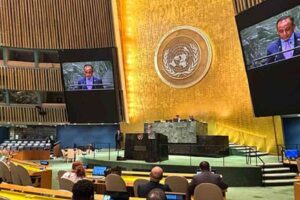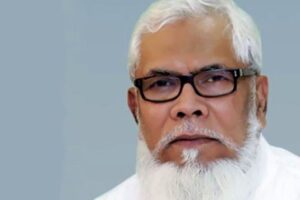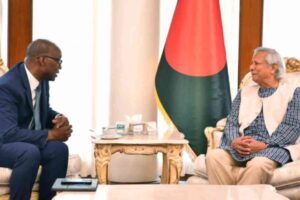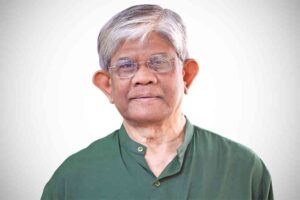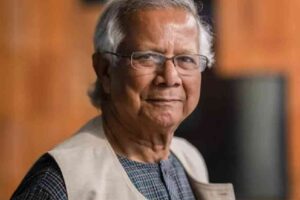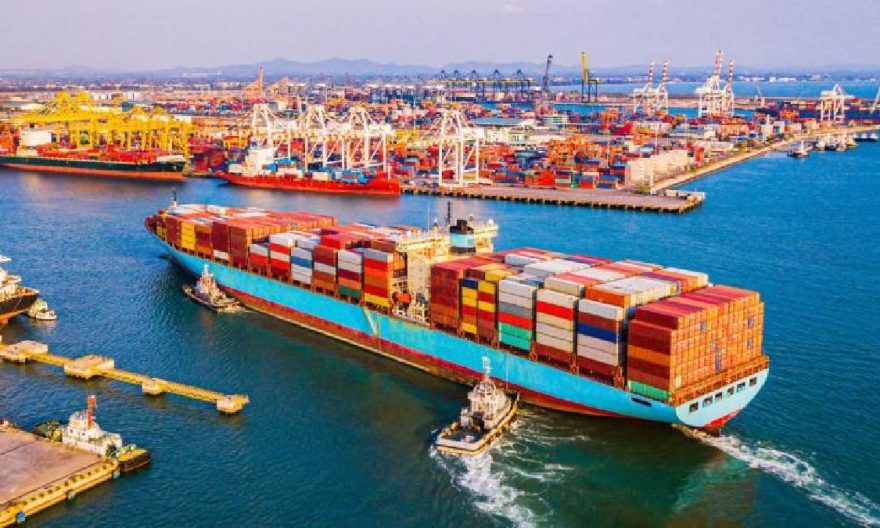
Leading exporters in Bangladesh are prioritizing the resolution of critical domestic issues, such as customs complexities and energy insecurity, over concerns about potential US trade sanctions.
Despite discussions surrounding the impact of possible sanctions, exporters stress that daily challenges, particularly related to customs procedures and energy shortages, are more pressing and hinder their competitiveness. With a target of $100 billion in ready-made garment exports by 2030, exporters emphasize the need to address these key constraints to achieve the ambitious goal.
Mohammad Hatem, Executive President of the Bangladesh Knitwear Manufacturers and Exporters Association (BKMEA), highlights the daily hassles faced with customs officials, emphasizing that these challenges outweigh concerns about US sanctions. Hatem points to customs blocking shipments for seemingly arbitrary reasons, impacting the efficiency of the supply chain. Additionally, the energy crisis, particularly in the Narayanganj belt, adds uncertainty to the industry’s operations.
Faruque Hassan, President of the Bangladesh Garment Manufacturers and Exporters Association (BGMEA), underscores the time-sensitive nature of the garment business, urging customs officials to recognize the impact of delays. He cites examples of customs-related anomalies and emphasizes the need for streamlined processes.
Mohammad Ali Khokon, President of the Bangladesh Textile Mills Association (BTMA), expresses concern about unnecessary inquiries from customs officials, creating delays and additional costs for importers. Khokon questions the feasibility of achieving the $100 billion export target without addressing fundamental issues, including a deep-sea port.
Concerns about energy dependence on imports are raised by Khokon, who suggests incentivizing investment in the woven textile industry. The need for a comprehensive, long-term energy policy is highlighted to support industrial growth. Ahsan Khan Chowdhury, CEO of PRAN-RFL Group, emphasizes the importance of diversifying exports and attracting foreign investment through incentives, tax benefits, and an investor-friendly environment.
Shams Mahmud of Shasha Denims stresses the importance of policy consistency, urging the government to address exchange rates, energy subsidies, and provide incentives for research and development. The implementation of energy auditing and recognition of industries based on energy efficiency performance are proposed.
In summary, exporters are advocating for a holistic approach to resolve domestic challenges, focusing on customs efficiency, energy security, and an investor-friendly environment to propel Bangladesh towards its ambitious export target.




